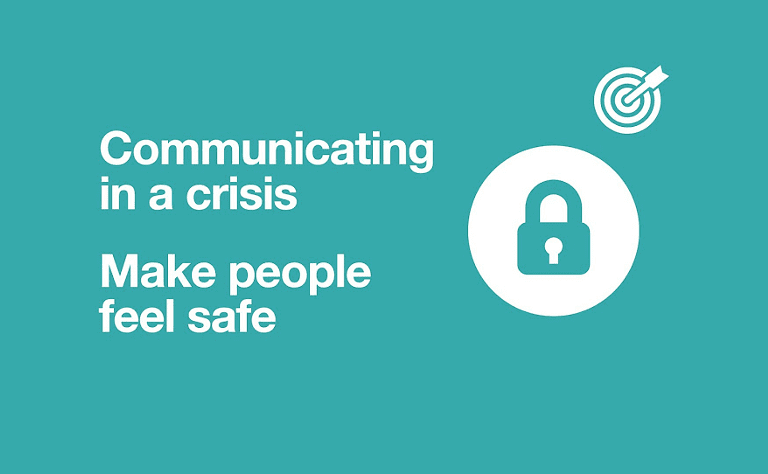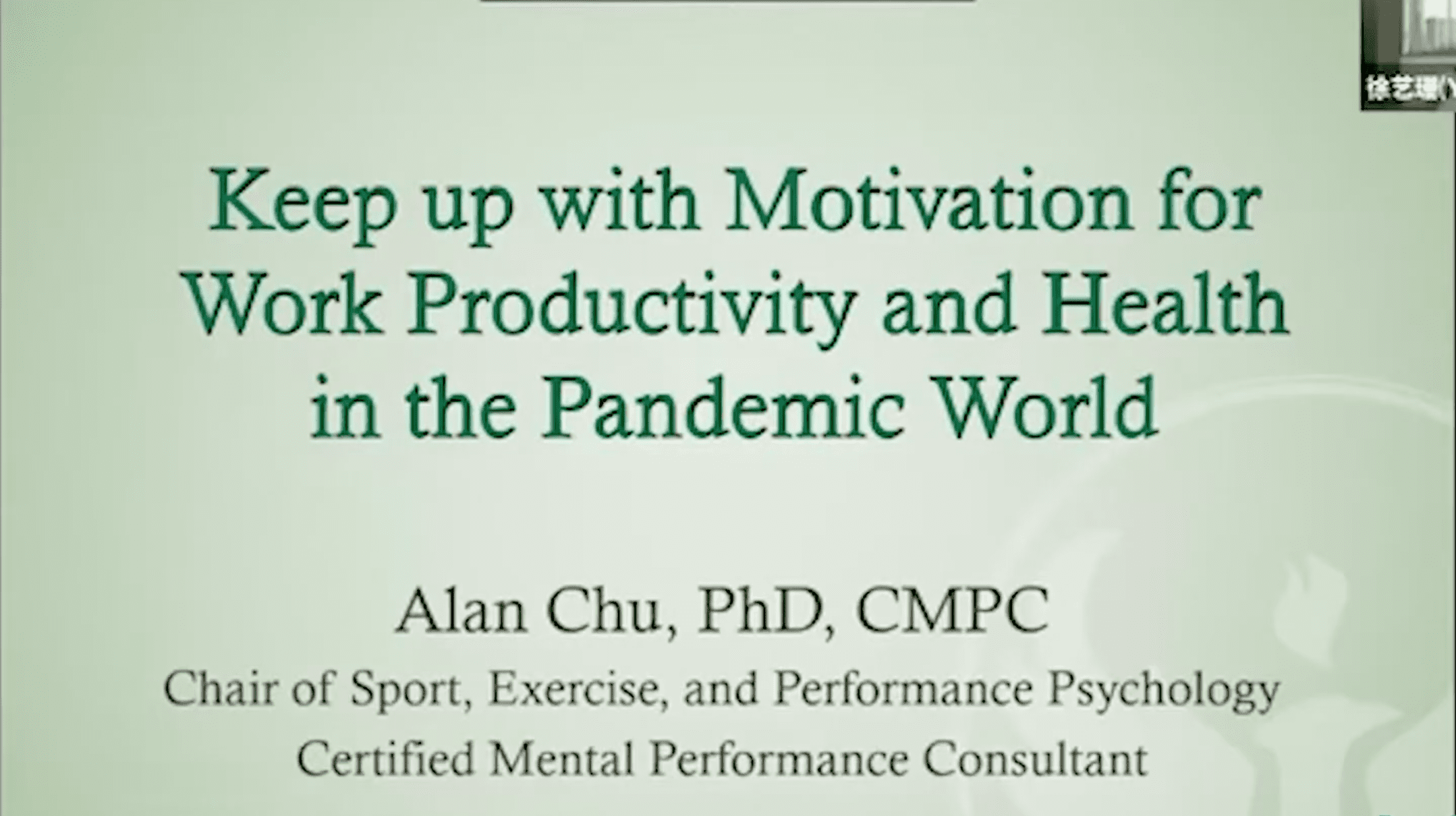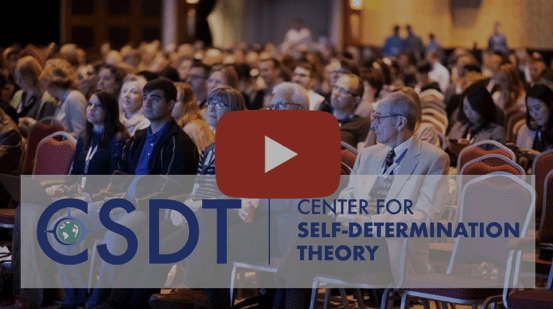Sometimes it takes a crisis to bring the importance of basic psychological needs and autonomous motivation to our attention, especially when it concerns people’s motivation to follow health measures, or employee experiences, or our psychological well-being as a fallout of isolation and challenging times.
This is why many SDT scholars around the world turned their research and work energies during the pandemic toward examining the motivational and behavioral issues of compliance, health, and wellness in the context of COVID-19. For example, read THIS REVIEW about the Motivation Barometer - the largest motivation and psychological well-being study during the Covid-19 crisis.
Early on, we witnessed people coming together, helping their neighbors, inspiring us online with their creativity, and choosing more meaningful avenues in their lives, which are all examples of SDT in practice. These acts demonstrate our basic psychological needs of autonomy, competence, and relatedness – the needs we must satisfy in order to be engaged, creative, and collaborative, as well as maintaining our health and resilience.
While at the same time, these needs have been frustrated at a critical time. We’ve seen increased levels of anxiety and depression during lockdowns (Waterschoot et al. 2021); front-line workers and health professionals burned out (van der Goot et al., 2021); and the highest work resignation rates which has started a phenomena called the Great Resignation.
There is no time more important than now to pay attention to these basic psychological needs (Vermote, Waterschoot, Morbée, Van der Kaap-Deeder, 2021; Centarero et al. 2020).
SDT’s principles have proven meaningful across the many motivational facets that have emerged during this coronavirus pandemic. Here are just some of the areas of study:
- Citizens’ motives and adherence to governmental measures
- Vansteenkiste, Waterschoot, Morbée, et al. 2023
- Morbée, Vermote, Waterschoot, et al. 2021
- Vaccine willingness (Porat et al., 2021; Schmitz et al. 2021)
- Mental health and coping during Covid-19 (Vansteenkiste et al, 2023; Centarero et al. 2020; Vermote et al, 2021)
- Ethics and health surveillance (Calvo, Deterding, & Ryan 2020);
- Motivational messaging (Legate, Weinstein, et al. 2021; Bradshaw et al. 2021)
- Front-line workers and health professionals experiences (van der Goot, Duvivier, et al 2021);
- Remote work (Orsini & Rodrigues 2020);
- Educational challenges (Thompson et al. 2021; Chiu 2021)
Explore more research and resources below including, the SDT-Covid Questionnaire (developed to assess people’s psychological needs, security, and adherence).













